What’s old is somehow new again on the political left.
Desperate for what they perceive as street cred, leftists continue to repackage failed policies as somehow novel, in a destructive race to claim the most extreme realms of the political continuum.
Merely three decades after it was consigned to the dustbin of failed ideas, socialism actually maintains renewed popularity on the left. According to Gallup, a majority of Democrats no longer view capitalism favorably, but almost 60% view socialism positively.
People like Representative Alexandria Ocasio-Cortez (D – New York) advocate a return to income tax rates not seen since President John F. Kennedy began cutting them. Thirty-five years after Jeane Kirkpatrick delivered her famous 1984 Republican convention speech castigating those who “blame America first,” people like Representative Ilhan Omar (D – Minnesota) tweet, “We must confront that our nation was founded by genocide and we maintain global power through neocolonialism.”
Not to be outdone, Democrats in the House of Representatives have joined the fray by attempting to resuscitate one of the Obama Administration’s most foolish and demonstrably destructive agenda items – to begin regulating the internet as a public utility.
Think of it as socialism for the internet. What could possibly go wrong?
Plenty, it turns out.
From 1996 through 2015, the internet flourished like no other innovation in human history, precisely because the federal government from the Clinton Administration forward employed a “light-touch” regulatory approach. Just ask yourself what was “broken” about the internet that somehow cried out for a federal bureaucratic “fix” during that two-decade stretch of unprecedented innovation and transformation of our lives.
But like so many other realms of American economic and civic life, the Obama Administration decided in 2015 that the internet merited its trademark brand of hyper-regulation. Specifically, its Federal Communications Commission (FCC) suddenly decided to regulate internet service as a “public utility” under statutes enacted in the 1930s for copper-wire telephone service. In Orwellian fashion, the Obama Administration and its apologists throughout the media and entertainment industries labeled it “Net Neutrality,” when by definition federal commandeering of an entire industry and picking winners and losers via the business model it imposes is anything but “neutral.”
So how did the Obama FCC’s scheme work out?
Disastrously. For the first time in history outside of a recession, private investment in network infrastructure by service providers actually declined. By way of comparison, investment in wireless alone had increased almost 33% – from $25 billion to $33 billion – between 2010 and 2013, even amid the most sluggish cyclical economic “recovery” in history under the Obama Administration. But in the first year alone following the Obama FCC’s bright idea to regulate the internet, investment declined by an astonishing $5.6 billion.
In other words, investment declined in just one year by almost the entire amount that wireless investment had increased from 2010 to 2013.
When the Trump Administration arrived, one of its first priorities under new FCC Chairman Ajit Pai was to reverse that destructive Obama Administration boondoggle.
Latenight comedians and leftists in media and politics attempted to convince Americans that the sky was falling, and that this would “break the internet.” But as noted above, it was the Obama Administration’s 2015 effort that was breaking the internet, while the Trump FCC under Ajit Pai was merely restoring the light-touch regulatory approach that had allowed the internet to evolve and flourish from 1996 to 2015.
The results have been immediate and positive, as highlighted by a Recode piece entitled “U.S. Internet Speeds Rose Nearly 40 Percent This Year”:
The internet is getting faster, especially fixed broadband internet. Broadband download speeds in the U.S. rose 35.8 percent and upload speeds are up 22 percent from last year, according to internet speed-test company Ookla in its latest U.S. broadband report. The growth in speed is important as the internet undergirds more of our daily lives and the wider economy. As internet service providers continue building out fiber networks around the country, expect speeds to increase…”
But now, House Democrats have introduced legislation to return to the Obama Administration’s destructive internet regulation regime. Perhaps airheaded latenight comedians like Jimmy Kimmel, Stephen Colbert and John Oliver find that prospect soothing, but nobody else should.
“The United States has turned the page on the failed broadband policies of the Obama Administration,” FCC Commissioner Brendan Carr announced this week. “By getting government out of the way,” he added, “internet speeds are up 40%, the digital divide is closing across rural America, and the U.S. now has the world’s largest deployment of next-generation 5G networks.” Carr continued, “There’s a lot of common ground on net neutrality, but this bill studiously avoids it. It elevates the partisan politics of Title II over widely supported rules of the road, and would turn back the clock on the progress America is making,” he concluded.
Wise words. We all want net neutrality, but heavy-handed federal regulation of internet service is precisely the opposite. We’ve already witnessed the unwelcome consequences of that scheme, as well as the beneficial consequences of reversing it under the new FCC leadership. House Democrats’ legislation must be swiftly rejected accordingly.



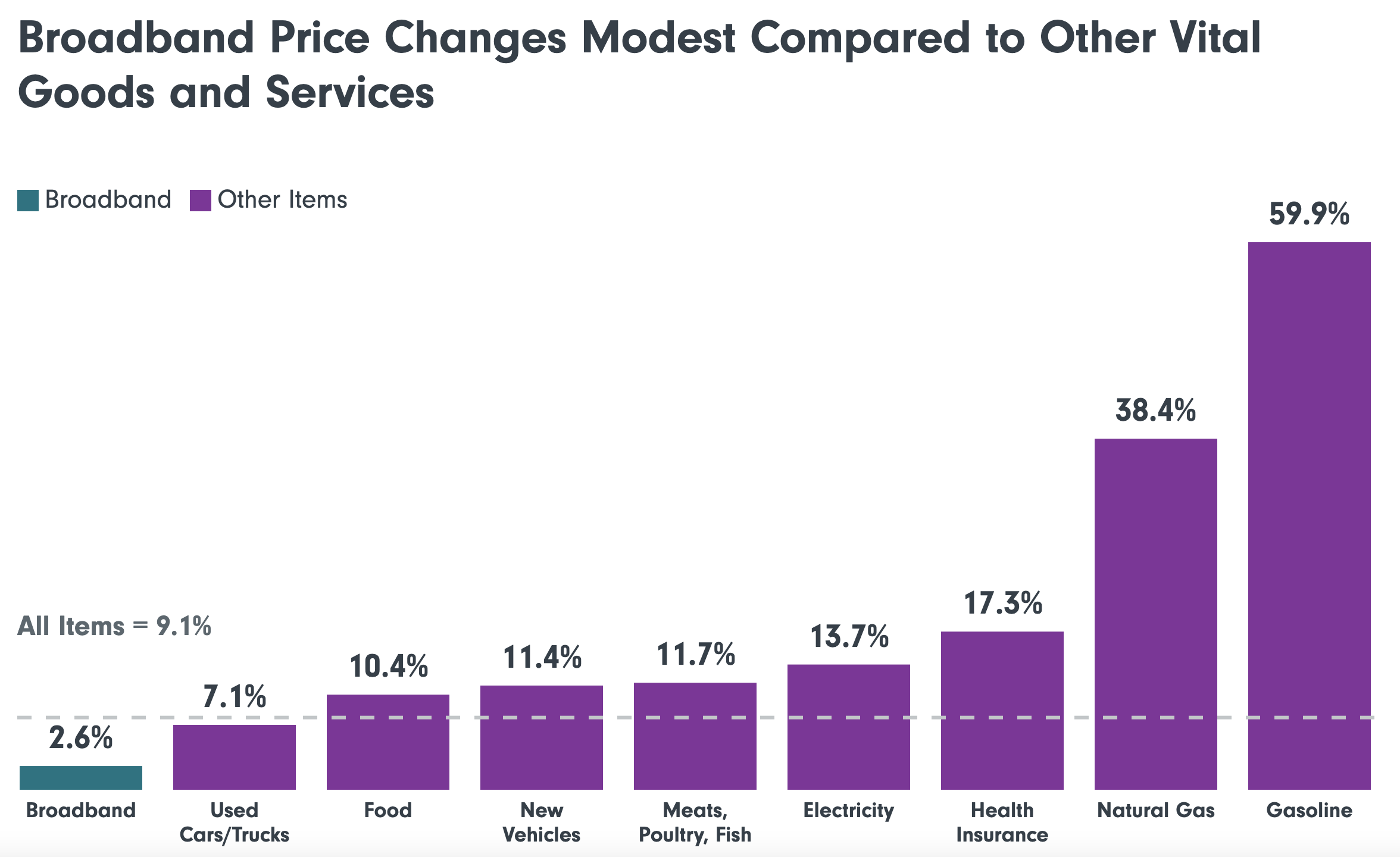
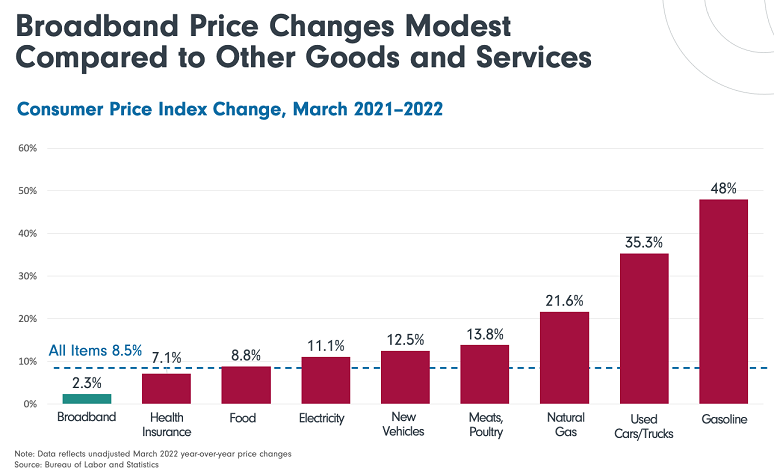
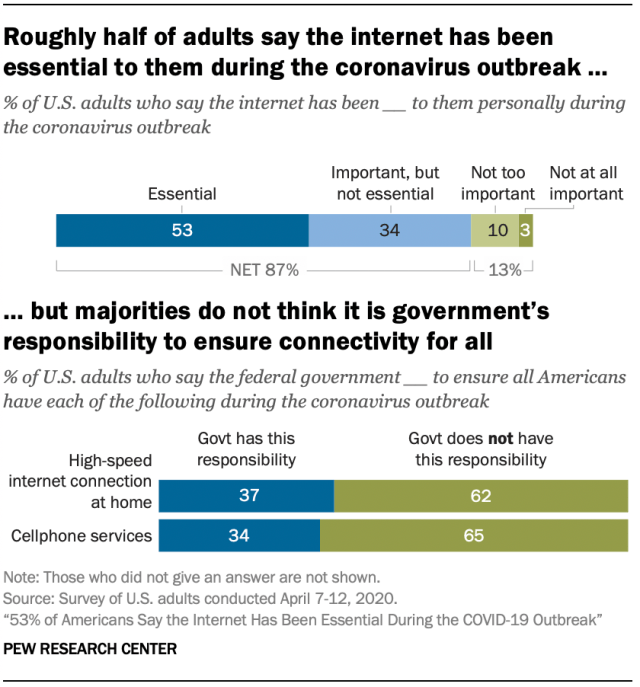
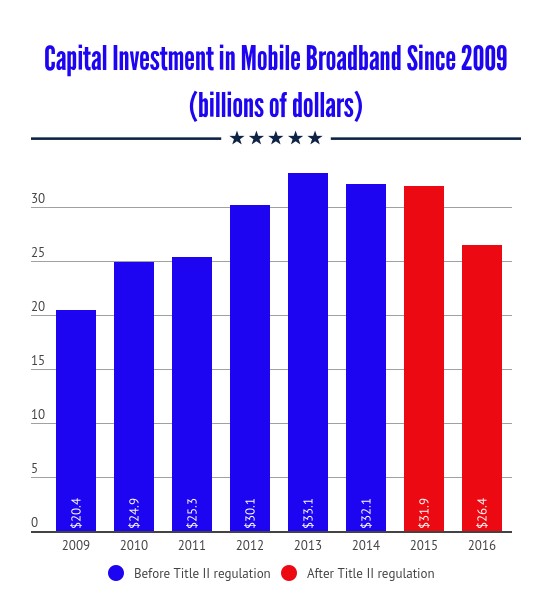

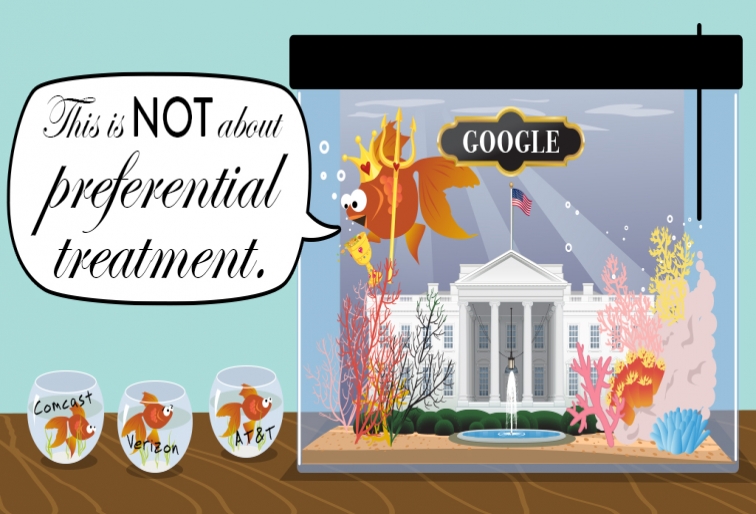
 CFIF Freedom Line Blog RSS Feed
CFIF Freedom Line Blog RSS Feed CFIF on Twitter
CFIF on Twitter CFIF on YouTube
CFIF on YouTube